TRANS-2-(4-FLUOROPHENYL)VINYLBORONIC ACID
- CAS NO.:214907-24-1
- Empirical Formula: C8H8BFO2
- Molecular Weight: 165.96
- MDL number: MFCD02093725
- SAFETY DATA SHEET (SDS)
- Update Date: 2025-01-27 09:38:02
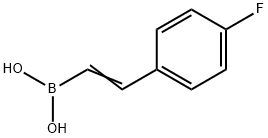
What is TRANS-2-(4-FLUOROPHENYL)VINYLBORONIC ACID?
The Uses of TRANS-2-(4-FLUOROPHENYL)VINYLBORONIC ACID
Reactant for:
- Suzuki-Miyaura coupling reactions
- Preparation of biologically and pharmacologically active molecules
- Conjugate addition reactions
What are the applications of Application
trans-2-(4-Fluorophenyl)vinylboronic acid is a useful reactant for conjugate addition reactions, and Suzuki-Mayaura coupling reactions
Properties of TRANS-2-(4-FLUOROPHENYL)VINYLBORONIC ACID
| Melting point: | 182-186 °C (lit.) |
| Boiling point: | 313.9±44.0 °C(Predicted) |
| Density | 1.228±0.06 g/cm3(Predicted) |
| storage temp. | under inert gas (nitrogen or Argon) at 2-8°C |
| pka | 9.53±0.43(Predicted) |
| CAS DataBase Reference | 214907-24-1(CAS DataBase Reference) |
Safety information for TRANS-2-(4-FLUOROPHENYL)VINYLBORONIC ACID
| Signal word | Warning |
| Pictogram(s) |
 Exclamation Mark Irritant GHS07 |
| GHS Hazard Statements |
H302:Acute toxicity,oral H315:Skin corrosion/irritation H319:Serious eye damage/eye irritation H332:Acute toxicity,inhalation H335:Specific target organ toxicity, single exposure;Respiratory tract irritation |
| Precautionary Statement Codes |
P261:Avoid breathing dust/fume/gas/mist/vapours/spray. P280:Wear protective gloves/protective clothing/eye protection/face protection. P305+P351+P338:IF IN EYES: Rinse cautiously with water for several minutes. Remove contact lenses, if present and easy to do. Continuerinsing. |
Computed Descriptors for TRANS-2-(4-FLUOROPHENYL)VINYLBORONIC ACID
New Products
Indole Methyl Resin tert-butyl 9-methoxy-3-azaspiro[5.5]undecane-3-carboxylate Boc-His(Boc)-OH 2-CTC Resin 4-Chloro-7-tosy1-7Hpyrrolo[2,3-d]pyrimidine 5,7-Dibromo-1H-indole 2,5-dichloro-N-hydroxy-4,6-dimethylpyridine-3-carboximidamide 2,2-Dimethoxy-7-azaspiro[3.5]nonane hydrochloride 4-chloromethyl-5-methyl-1,3-dioxol-2-one (DMDO-Cl) R-2-BENZYLOXY PROPIONIC ACID 1,1’-CARBONYLDIIMIDAZOLE 1,1’-CARBONYLDI (1,2-4 TRIAZOLE) N-METHYL INDAZOLE-3-CARBOXYLIC ACID 4-((2-hydroxyethyl)thio)benzoic acid 1-(TERT-BUTOXYCARBONYL)-2-PYRROLIDINONE Methyl 6-methylnicotinate 3-Pyridineacrylic acid tert-Butyl carbazate TETRAHYDRO-2H-PYRAN-3-OL 2-((4-morpholinophenylamino) (methylthio) methylene) malononitrile 3-(4-morpholinophenylamino)-5-amino-1H-pyrazole-4-carbonitrile 2,4-dihydroxybenzaldehyde 1,3-Diethyl-1,3-Diphenylurea Methyl 2-methylquinoline-6-carboxylateRelated products of tetrahydrofuran
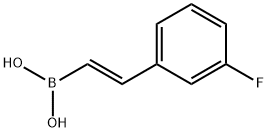
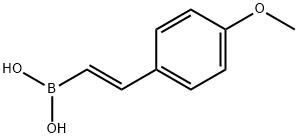
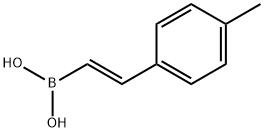
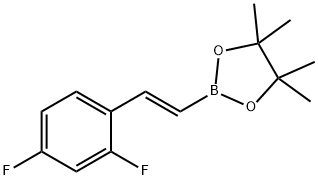


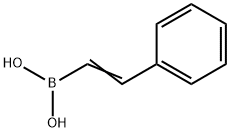

You may like
-
 Trans-2-(4-fluorophenyl)vinylboronic acid 97% CAS 214907-24-1View Details
Trans-2-(4-fluorophenyl)vinylboronic acid 97% CAS 214907-24-1View Details
214907-24-1 -
 trans-2-(4-Fluorophenyl)vinylboronic acid CAS 214907-24-1View Details
trans-2-(4-Fluorophenyl)vinylboronic acid CAS 214907-24-1View Details
214907-24-1 -
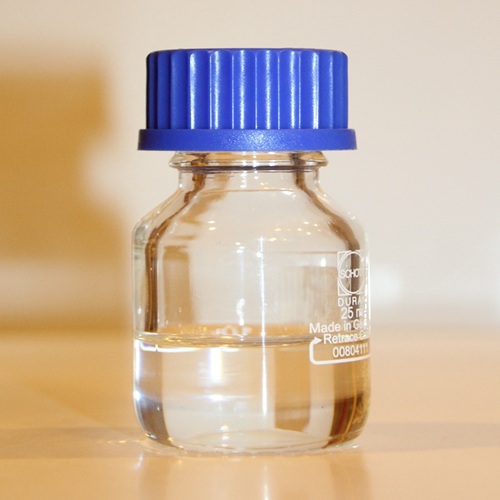 Pyridine 99.5% HPLC /UV SpectroscopyView Details
Pyridine 99.5% HPLC /UV SpectroscopyView Details
110-86-1 -
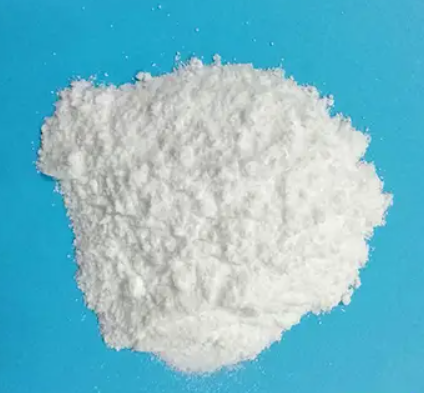 Piperazine Spot supply, best priceView Details
Piperazine Spot supply, best priceView Details
110-85-0 -
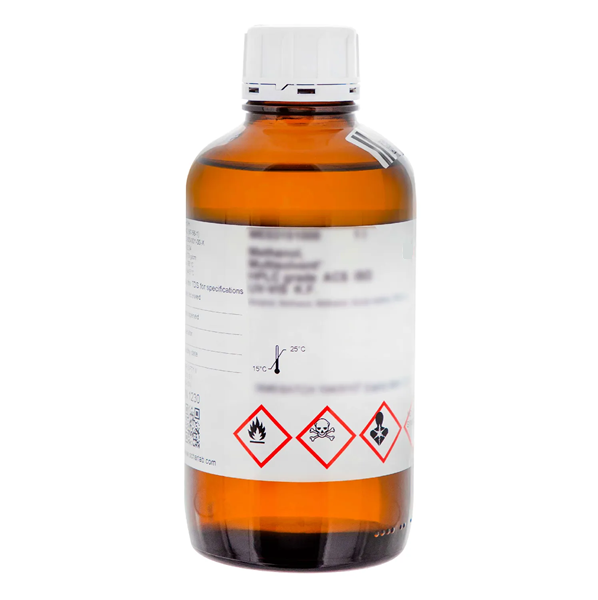 Dibutyl PhthalateView Details
Dibutyl PhthalateView Details
84-74-2 -
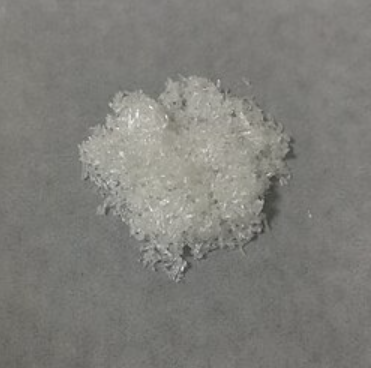 Imidazole Spot supply, competitive priceView Details
Imidazole Spot supply, competitive priceView Details
288-32-4 -
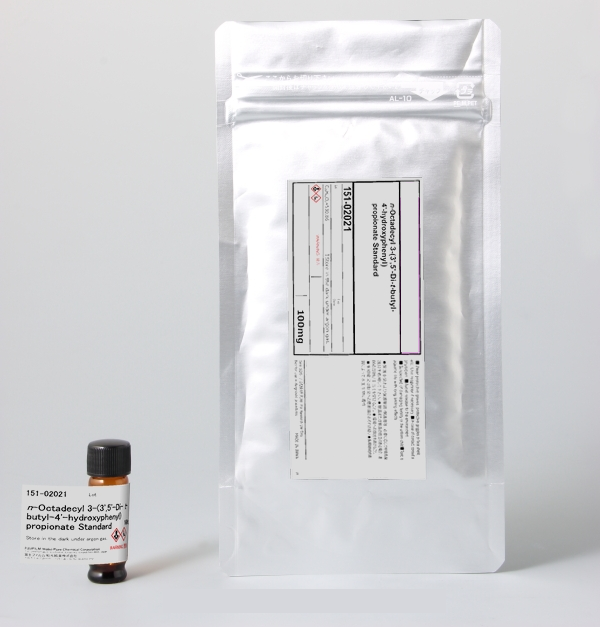 Octadecyl 3-(3,5-di-tert-butyl-4-hydroxyphenyl)propionate 98% (GC)View Details
Octadecyl 3-(3,5-di-tert-butyl-4-hydroxyphenyl)propionate 98% (GC)View Details
2082-79-3 -
 Thiourea 99% ARView Details
Thiourea 99% ARView Details
62-56-6
Statement: All products displayed on this website are only used for non medical purposes such as industrial applications or scientific research, and cannot be used for clinical diagnosis or treatment of humans or animals. They are not medicinal or edible.
